Transcripts
Our goal on Patreon is to reach 2500 patrons—at which point we can afford to have regular transcripts available for all main feed episodes. For now, transcripts are available for select episodes, and we are slowly working on catching up on the back catalogue and reducing the amount of time it takes for us to finish a transcript and post it.
At the moment our capacity to offer transcripts of Death Panel is limited. This is due to Beatrice’s disability, and the conflicting access needs that exist with regard to editing/correcting transcripts and her low vision/blindness. The labor of producing transcripts is usually poorly compensated and historically is often done by disabled people due to the flexibility and availability of working on transcription from home. We are committed to making the show accessible and paying our transcript makers a fair wage.
If you would like to help us reach our goal, then please become a patron and support our work to make the show more accessible.
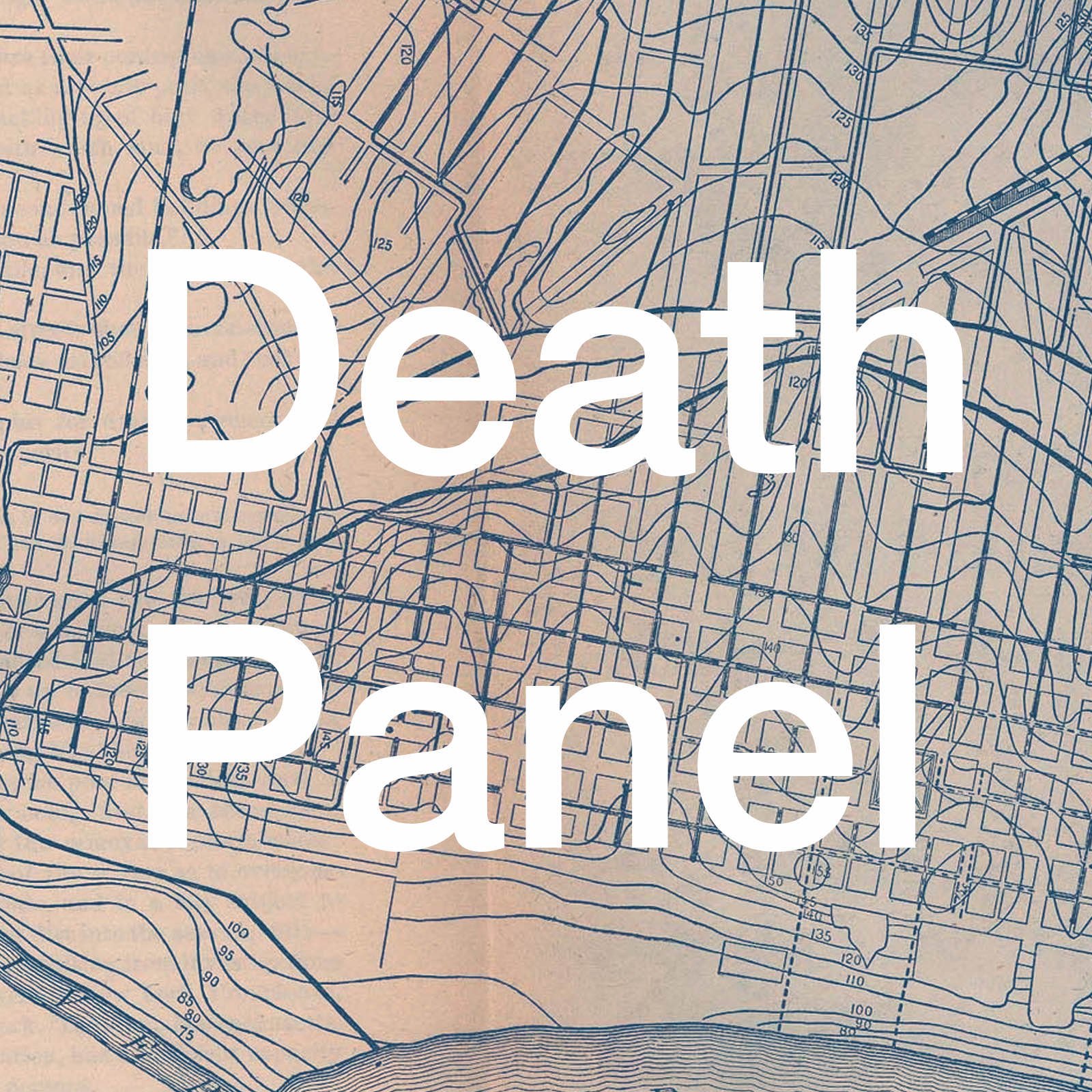
The Promise and Perils of Wastewater Data w/ Betsy Ladyzhets (08/29/24)
Death Panel podcast host Beatrice Adler-Bolton, speaks with Betsy Ladyzhets of The Sick Times about what wastewater surveillance does—and doesn’t—tell us about the level of covid spread and how the rise of covid wastewater monitoring fits inside the larger picture of the privatization of both covid risk and covid data.
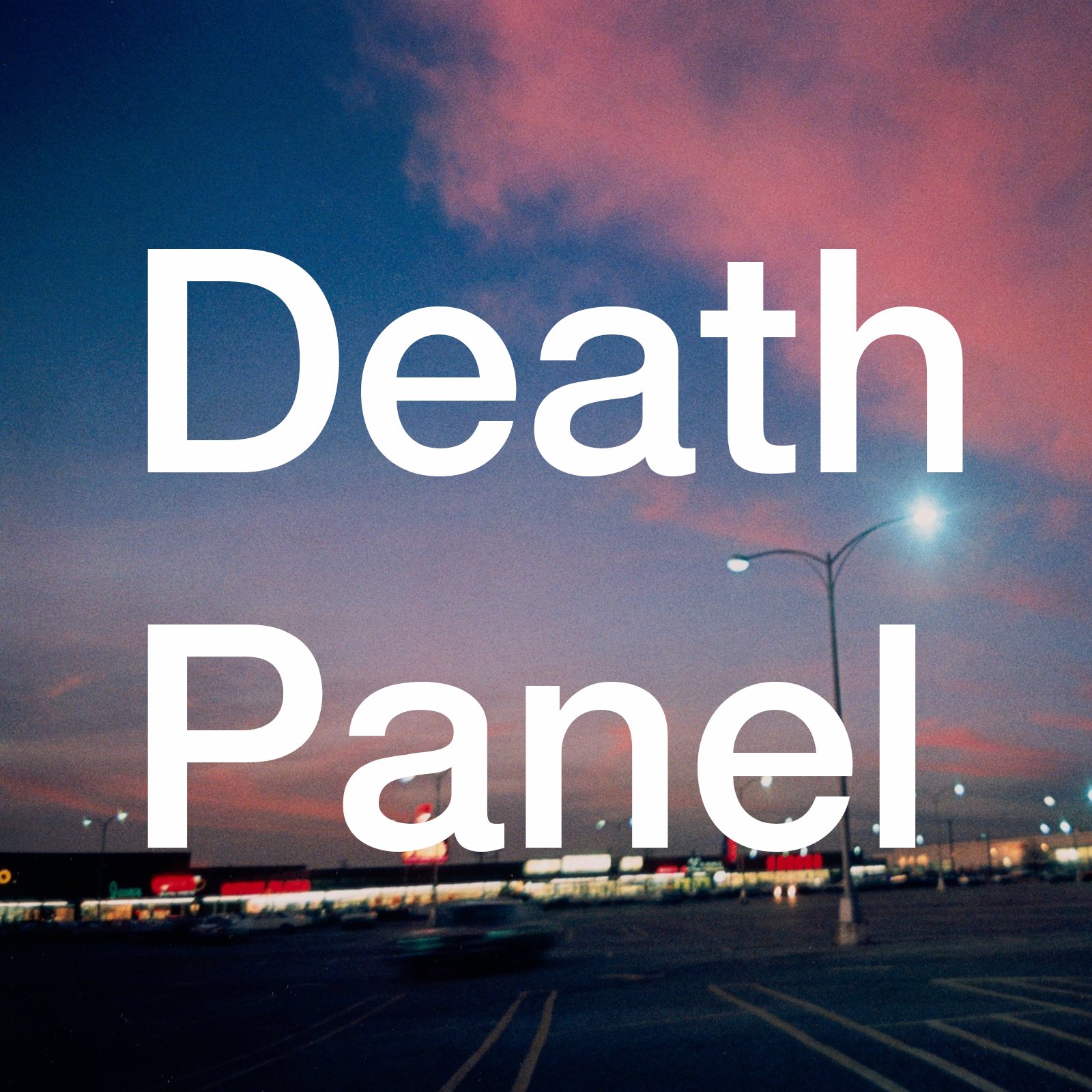
Disabled Ecologies w/ Sunaura Taylor (07/08/24)
Death Panel podcast host Beatrice Adler-Bolton speaks with Sunaura Taylor about how industrial pollution and systemic abandonment produce networks of disability among people, animals, and what she calls “injured landscapes;” how one community in Arizona organized against longstanding environmental pollution from arms manufacturing; and her new book, Disabled Ecologies: Lessons from a Wounded Desert.
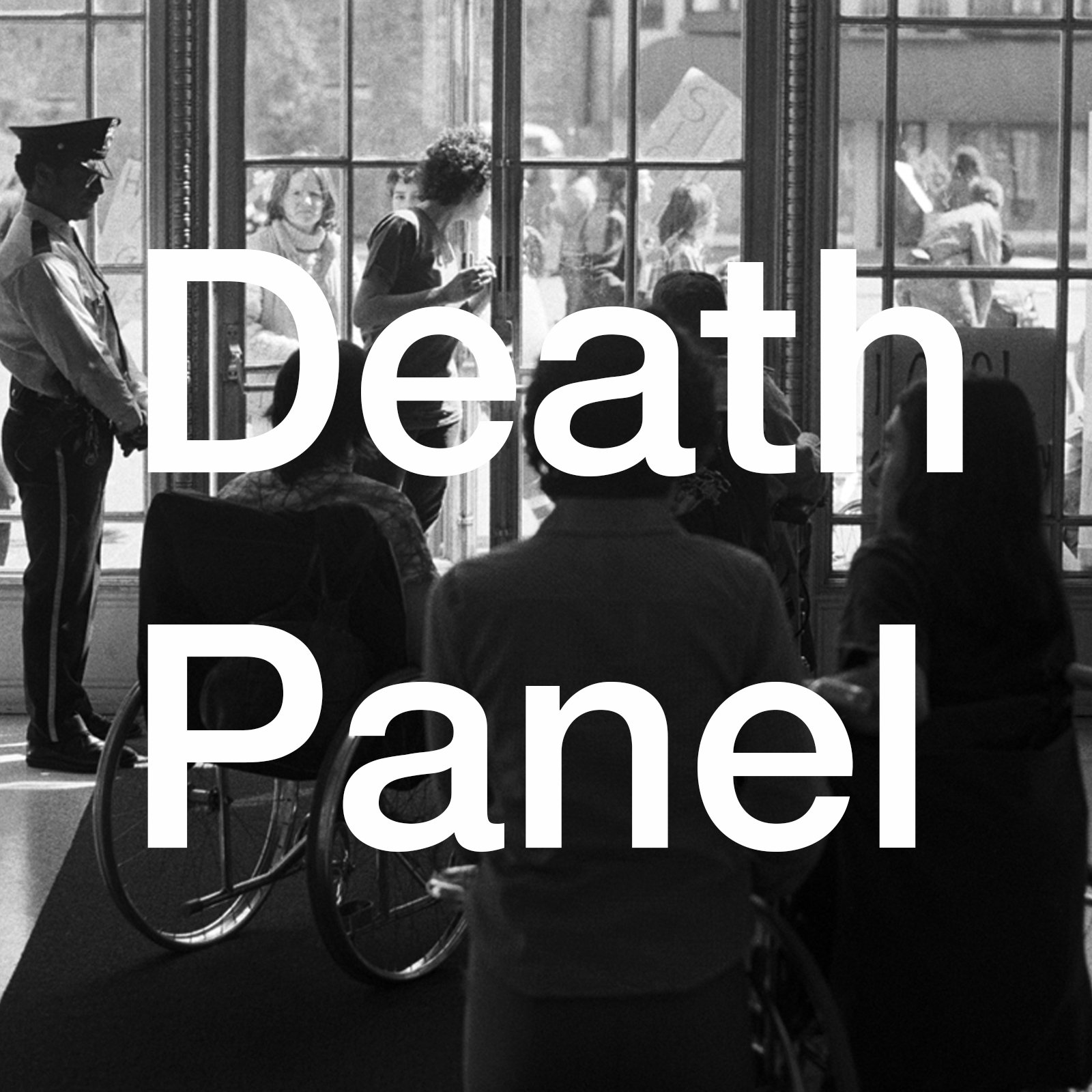
A Death Panel History of 504 (Parts I & II)
Death Panel podcast hosts Beatrice Adler-Bolton, Artie Vierkant and Phil Rocco tell (one version of) the story of Section 504, a landmark piece of civil rights legislation for disabled people in the US. In Part One, we look at the politics leading up to the 504 sit-in and how the implementation of Section 504 very nearly didn't happen because of concerns that it would be "too expensive." In Part Two, our story continues with a look at the sit-in action itself—the longest occupation of a federal government building in US history—and the key role played by the Oakland Black Panthers and other groups in assuring the occupation's success.
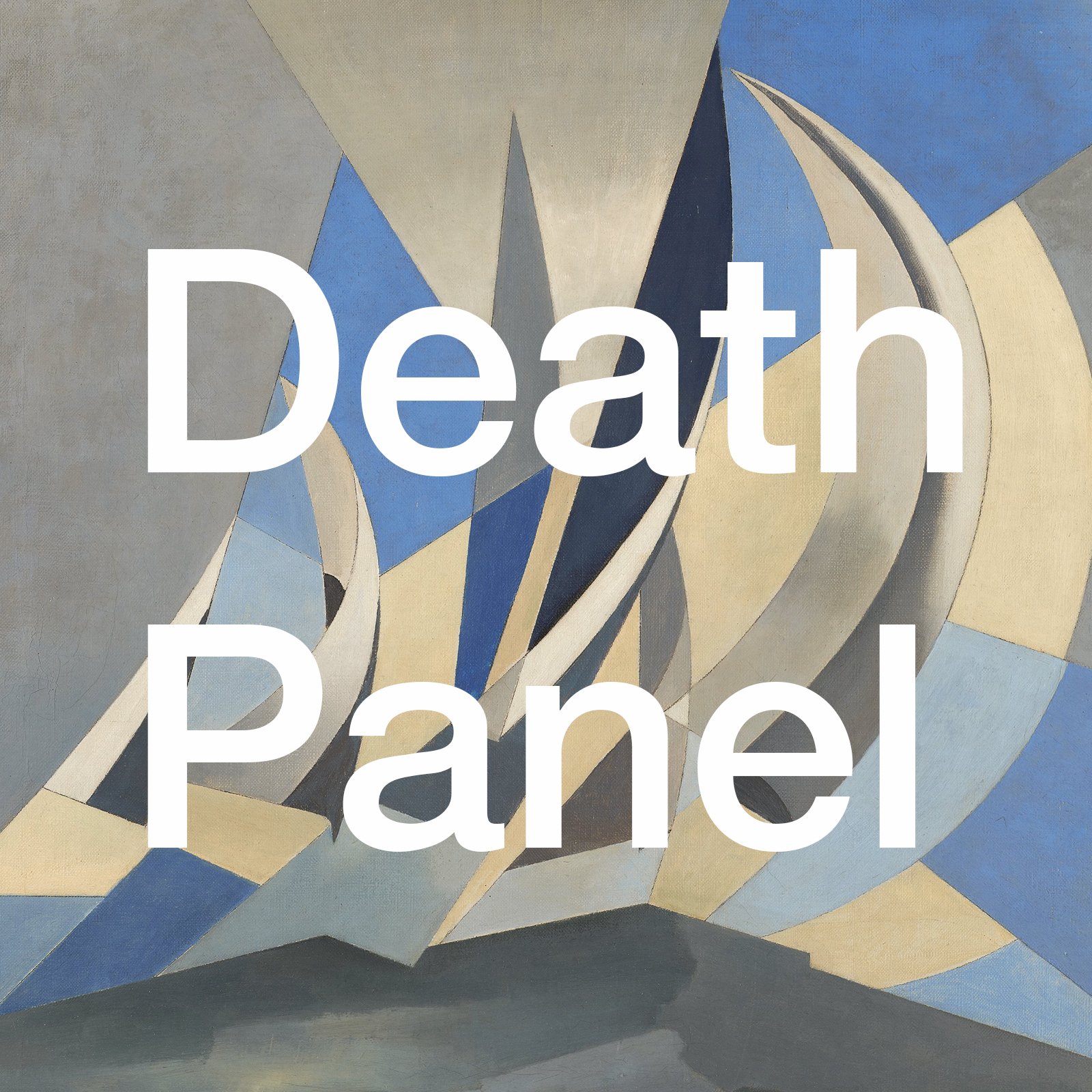
“No Use to the State” w/ Micah Khater (04/22/24)
Death Panel podcast hosts Beatrice Adler-Bolton speaks with Micah Khater about the intersection of race, disability, and incarceration in the southern US in the early 20th century, and her work documenting the history of how Black women experienced and theorized disability from within Alabama prisons.

Massification, Debility, and 40 Years of Crisis in Bhopal w/ Jiya Pandya (05/16/24)
Death Panel podcast hosts Beatrice Adler-Bolton and Jules Gill-Peterson speak with historian Jiya Pandya about how the Bhopal gas leak—often described as the worst industrial disaster in living memory—continues to be an unchecked crisis 40 years later, what it teaches us about how to respond to more recent crises, and how organizers here in the US can get in touch with Bhopal survivor activists who will be coming to the US later this fall.
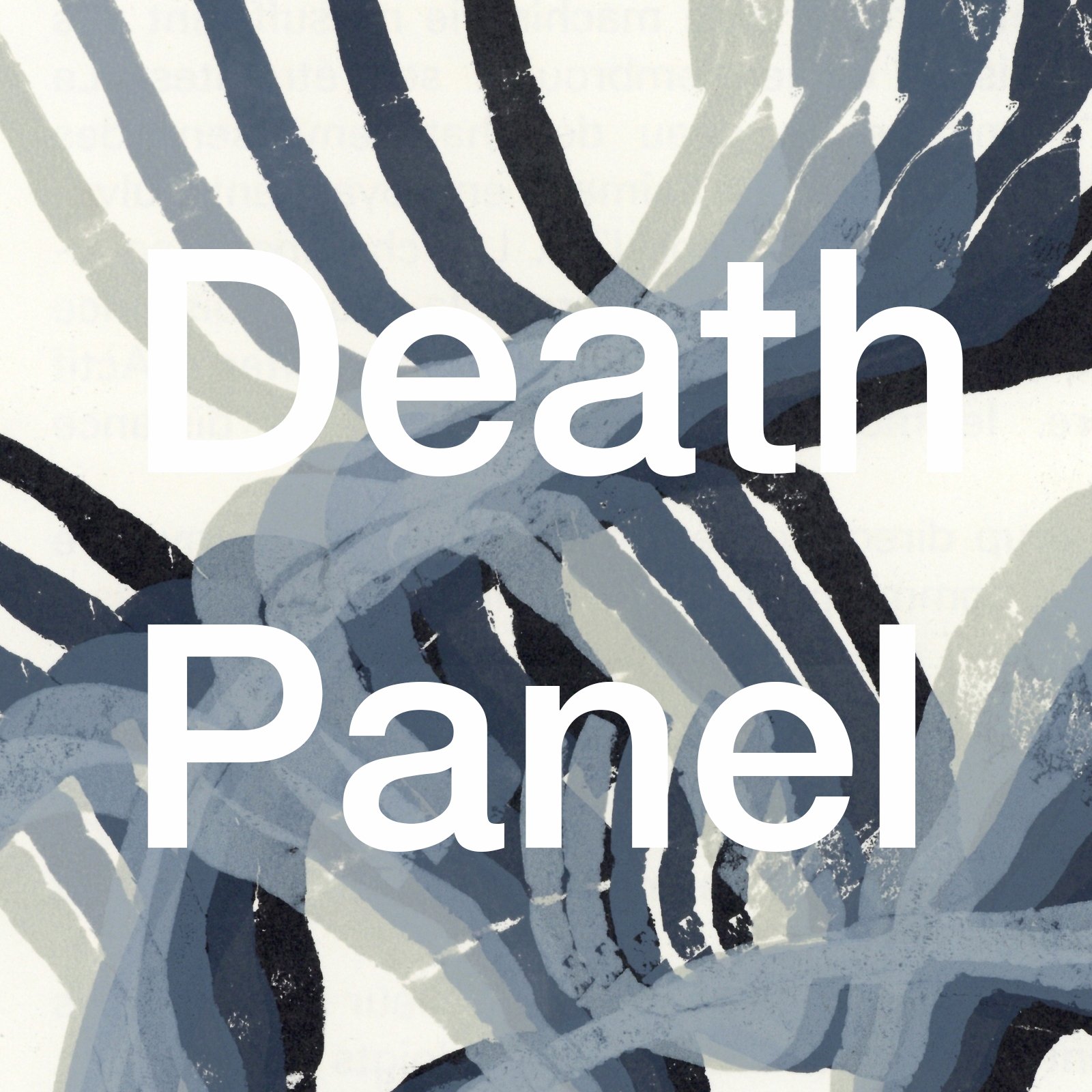
Refusing to Forget w/ Vicky Osterweil (03/21/24)
Death Panel podcast host Beatrice Adler-Bolton speaks with Vicky Osterweil about the events we’re encouraged to forget, repress, and reinterpret in order to abet genocide, carcerality, or abandonment to a pandemic, and the power of refusing to forget.

"The Wheelchair-to-Warfare Pipeline" w/ Liz Jackson and Rua Williams (04/11/24)
Death Panel podcast host Beatrice Adler-Bolton speaks with Liz Jackson and Rua Williams about the history and ongoing practice of design objects ostensibly created for accessibility being repurposed into tools of war.
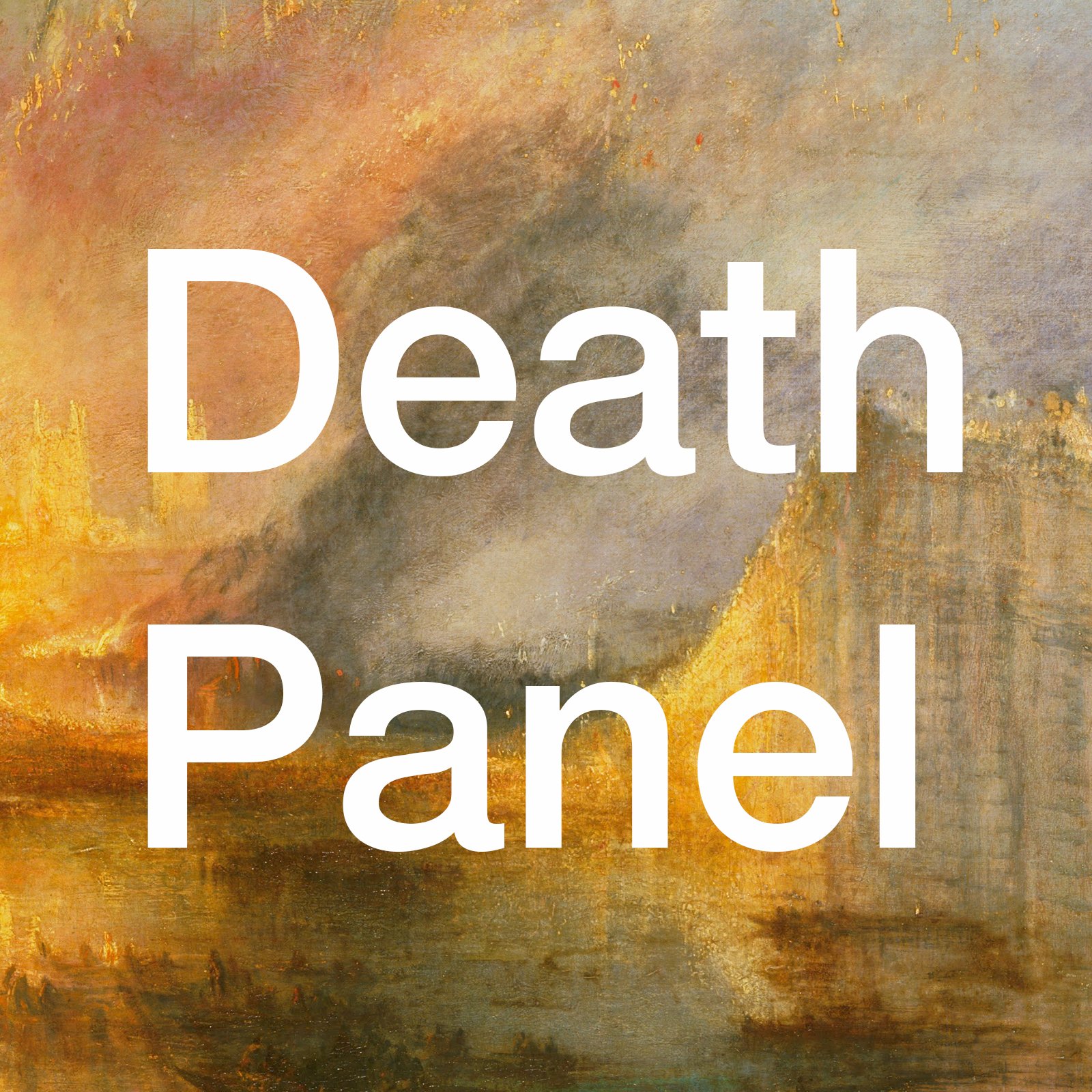
Legitimate Protest and the Construction of "Reason" w/ Stefanie Lyn Kaufman-Mthimkhulu (02/29/24)
Death Panel podcast host Beatrice Adler-Bolton speaks with Stefanie Lyn Kaufman-Mthimkhulu about attempts to dismiss Aaron Bushnell’s self immolation as mental illness, and why settler colonialism relies so heavily on drawing lines between madness and “reason.”
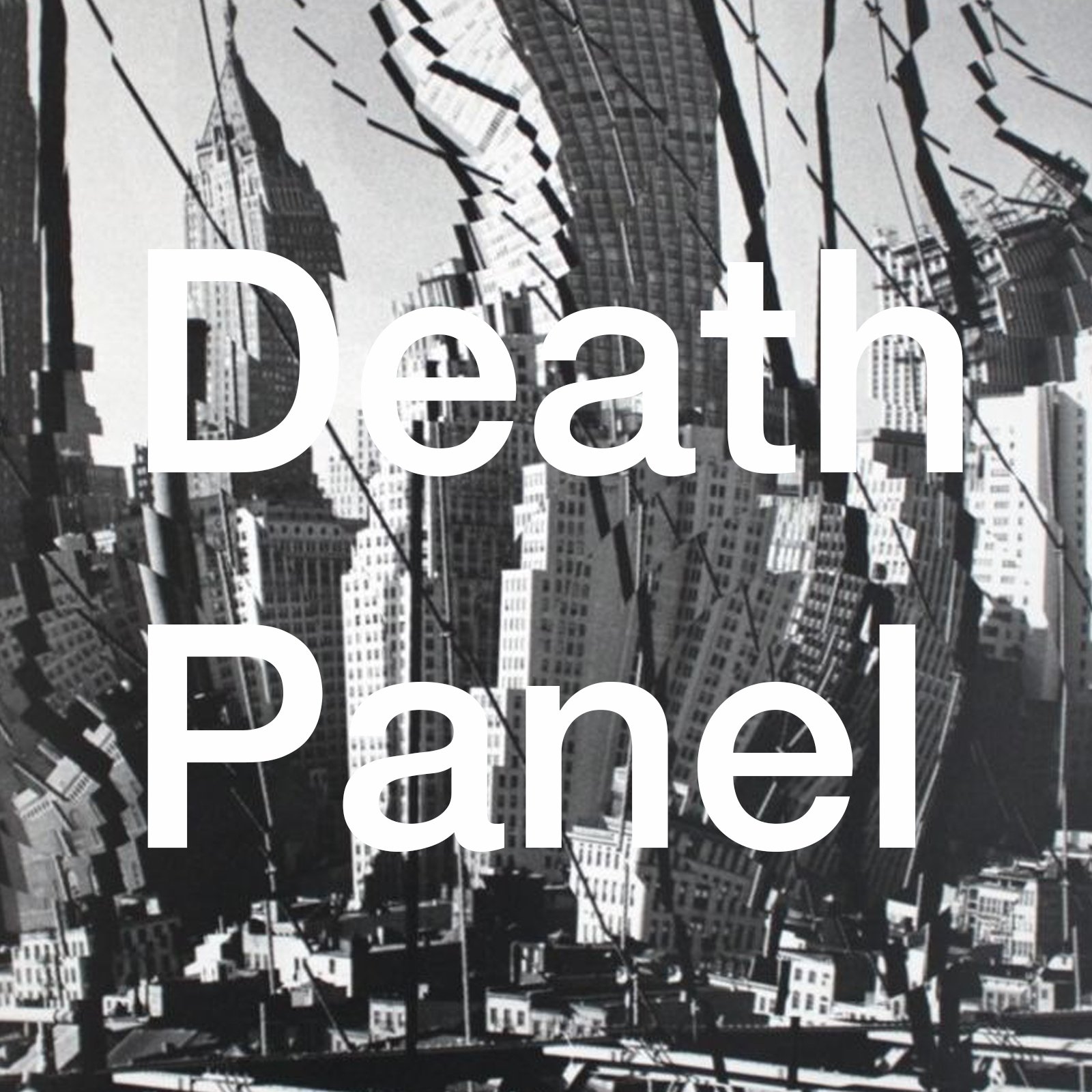
Collapse w/ Dean Spade (02/22/24)
Death Panel podcast host Beatrice Adler-Bolton speaks with Dean Spade about how we respond to crises, from climate collapse to covid, and how the state’s primary response to these crises is to try to narrow the possibilities for political action around them.
